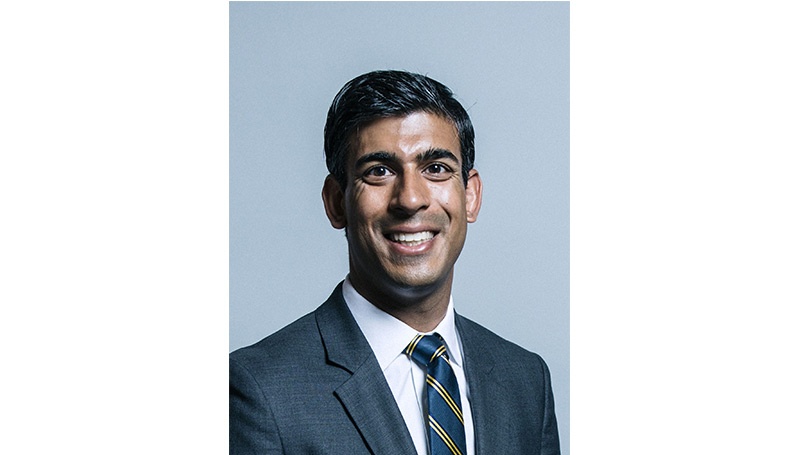Banks Criticized For Coronavirus Loan Guarantee Tactics

With many hospitality and on-trade businesses struggling to keep afloat amid the Covid-19 lockdown, banks have been heavily criticised by firms and MPs for demanding personal guarantees to issue government-backed emergency loans to business owners, known as a Coronavirus Business Interruption Loan (CBIL).
CBILs are government-backed loans of up to £5m, with no interest or fees for the first 12 months. When Chancellor Rishi Sunak announced the measures last week, he said CBILs were part of a “collective national effort” to get through this “economic emergency.”
Under the new programme, it is up to the lender to decide whether to ask for security guarantees from business owners. They are forbidden from taking a charge on a borrower’s homes but can go after other assets.
The requirement loads most of the risk that the loan goes bad on the business owner, rather than the banks .It means that the banks can go after the personal property of the owner of a firm if their business goes under and they cannot afford to pay off the debt.
Mike Cherry, chair of the Federation of Small Businesses (FSB), said: “Given that these are extreme circumstances – and the government is prepared to underwrite 80% of the value of this lending – we need to see banks taking a genuinely flexible approach to viable small businesses in need.”
Anil Stocker, chief executive of Market Finance, said small business owners were “weary of taking on more loans that they might not be able to pay back.
“It’s important to realise that in the fine print, many banks will ask for additional security and personal guarantees for loan amounts greater than £250,000 of borrowings,” he said.
Stephen Jones, the head of industry group UK Finance, said banks were “required” to ask for guarantees above £250,000 “because the government guarantee of 80% of loan losses only covers residual losses on a bad debt after the security taken has been realised.”
The SME Alliance, which represents small and medium sized enterprises and is led by business owner Andy Keats, said that while business owners were grateful for the recognition that most firms will need help to survive the crisis, “yet again, it is the banks and not businesses who will receive the funds to help SMEs”.
It said banks were seeking security – property they can repossess if the loan is not repaid – for the entire value of the business interruption loans.
“We would appreciate some clarity because, as things stand, the proposed loans mean the banks have no risk, the government has a small risk and businesses and their officers have 100% risk,” said Mr Keats.
